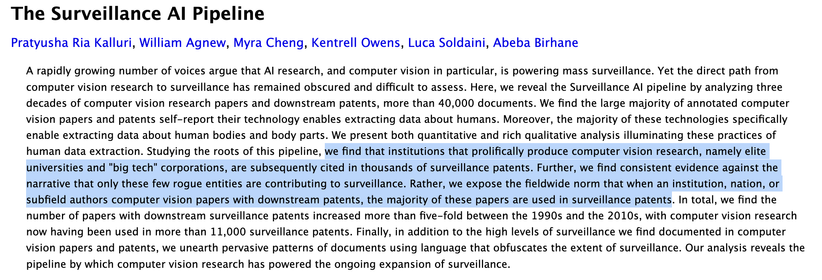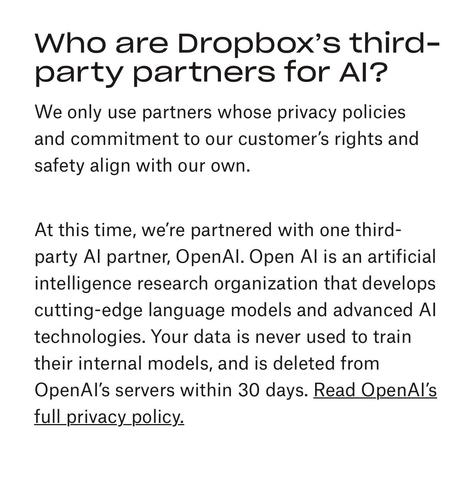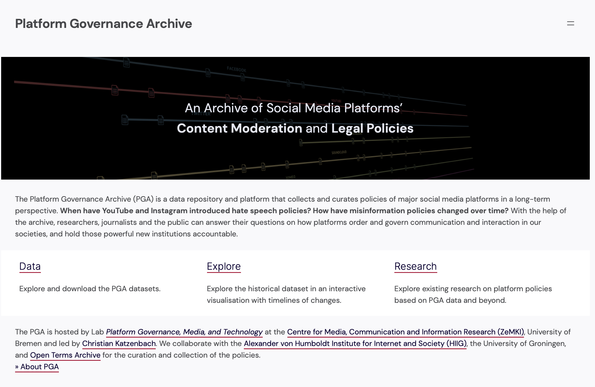💾 🤗 Call for Participation for the Critical Code Studies Working Group (CCSWG 24) #critcode #dh
(Deadline extended to January 31!)
Topics for this year include:
☑ Queering Code
☑ CCS and AI
☑ The DHQ Special issues
☑ Teaching Code and Code Studies
https://docs.google.com/document/u/0/d/1TVYqLOIbYYs6qsMd5ah-DQEaQCEhe5GEQCk7ITdDvoI/mobilebasic



